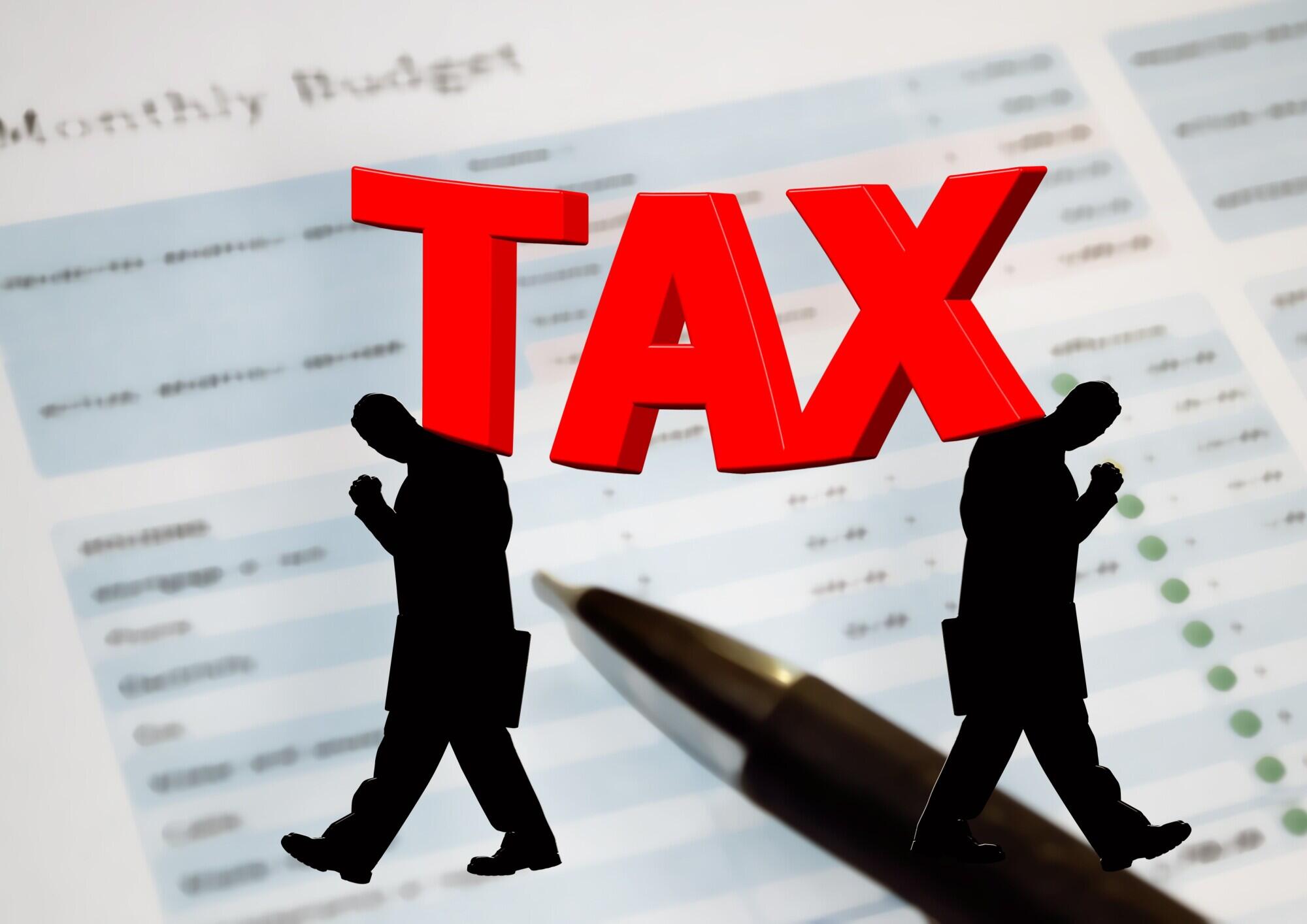36% of landlords listed taxes as one of their top five concerns. They struggle to minimize costs and claim all deductible expenses.
The best way to start is to know the basic forms you need to send in. They rarely change and help you balance your landlord finances.
Read on to learn everything you need to know about tax statements and 1099s.
What Counts as Expenses?
There are two categories of expenses for landlords; current and capital expenses.
Current expenses are one-off costs to keep the property in habitable condition or your rental business running. They're deducted in the same year they happened.
Capital expenses are related to increasing the property's value or lifespan. Anything over a few thousand dollars should be deducted as a capital expense.
Examples of deductible expenses include:
- Interest
- Home office expenses
- Repairs
- Maintenance
- Travel
- Utilities
- Insurance
- Employees or independent contractors
- Legal and professional fees
- Property management fees
Keep supporting documents in case the IRS questions the expenses you're claiming.
Filing Tax Statements and 1099s
A 1099 is a form that documents non-employment income. Landlords will deal with three variations that cover payments over $600.
The 1099-K is for rent paid through credit cards, debit cards, or electronic transfers. The 1099-NEC is for non-employment services. The 1099-MISC is for other earnings.
Rental income isn't the only money to report. Other earnings that must go on tax statements and 1099s include:
- Security deposits
- Advance rent
- Tenant-paid owner expenses
- Lease cancellation payments
There are reporting exceptions for tax statements and 1099s. If you rent your rental property for $1,000 a month and earn $12,000 by the end of the year, the rest is deductible. Other exemptions include:
- Payments to corporations
- Rent payments through real estate agents
- Payments to tax-exempt organizations
- Business payments for certain services and goods
The due date for filing your 1099 in Indiana is January 31. Failure to do so could result in an audit or serious penalties.
Other Tax Documents
Get a Form 1098 from your mortgage lender each year. It reports the amount of mortgage interest you've paid.
Submit a W-2 for any employees you have. It declares any wages and the taxes withheld from their paychecks. File it by January 31 with the IRS and the Social Security Administration.
A Form 8825 is for incorporated real estate investors such as those in partnerships or S Corp. It's also useful for landlords with multiple properties. It lets them report income and deductible expenses for their properties.
Schedule K-1 is for rental businesses with multiple owners. It reports profit and losses for each.
Property Taxes
Property taxes in Indiana are based on the local government's tax levy and the net value of the property. They're split into two installments, one due on May 10 and one on November 13.
Consequences for late payments may include:
- Financial penalties
- Tax liens
- Sale of your property
You can appeal your property tax bill through the county assessor by June 15. There are also various reliefs, exceptions, and credits to look into.
We Can Make Filing Tax Statements and 1099s Simple
Indianapolis Property Management Inc. is the Midwest's leading property management company. We have an experienced team that creates solutions catered to your property.
Our goal is to give you an enjoyable, profitable experience, even in areas as dry as tax statements and 1099s. Get started with a free rental analysis today.



